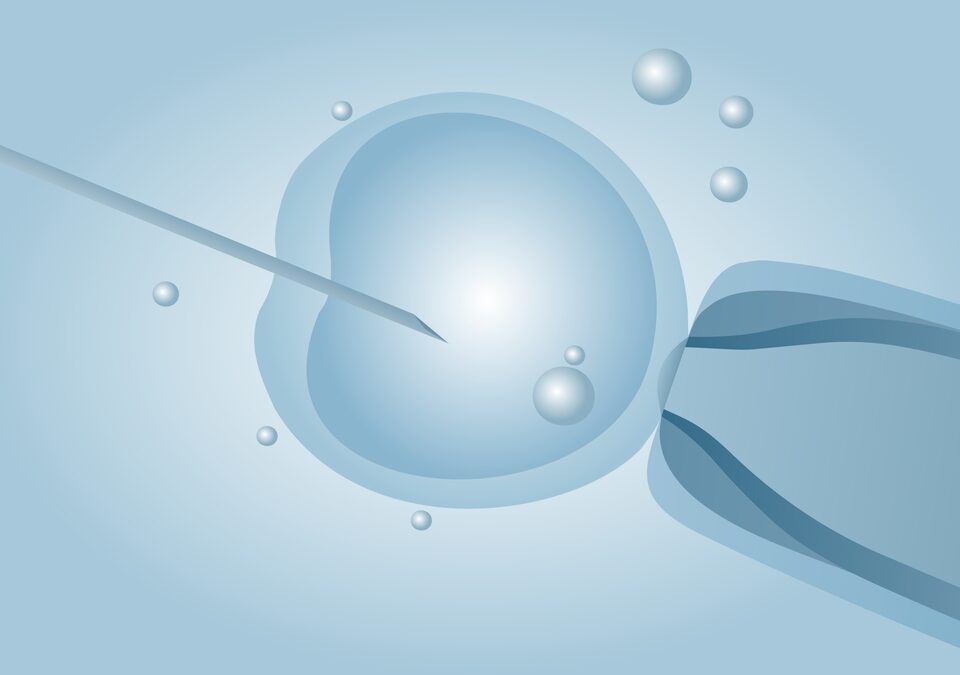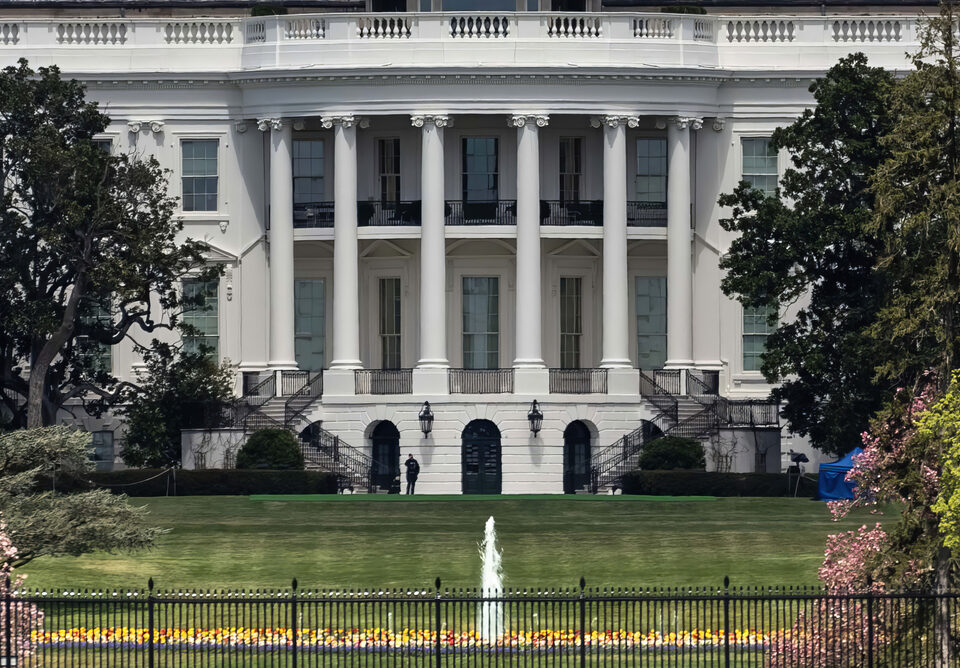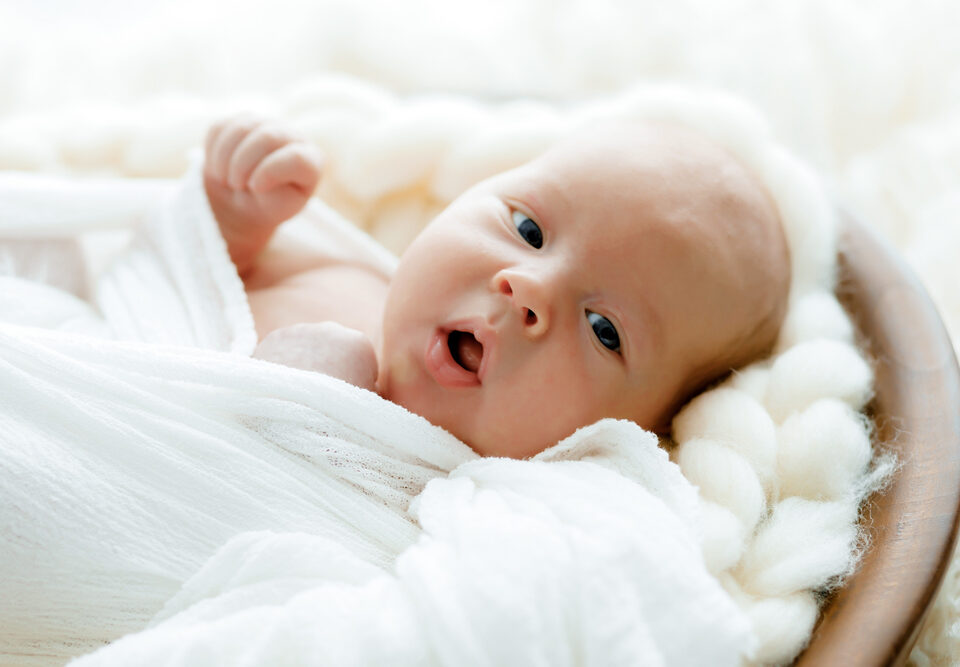Chinese Lesbian Couple Achieves Historical Milestone
May 24, 2016Concerns Mount Over Misuse of Sperm
June 10, 2016Advancements in the world of fertility medicine, in vitro fertilization and third-party reproduction have made us rethink the biological clock concept. Recently, the successful use of IVF technology allowed 72-year-old Daljinder Kaur, to give birth to her first child
In this day and age, individuals are no longer limited by what nature dictates. With the help of modern medicine, humans are dictating their own fertility limits now.
“I feel blessed to be able to hold my own baby. I had lost hope of becoming a mother ever,” said Daljinder Kaur in her interview with the Agence France Press.
It’s no surprise that most who heard this story were diametrically opposed to a woman of this age becoming a new mother. Moreover, it’s difficult to comprehend how a woman of this age could care for a child through all the challenges that parenthood brings. However, it’s not the first time that a woman in her seventies has reportedly given birth.
According to Angel LaLiberte, in her article, “Why Are We Against Later Motherhood?” in 2008, a 70-year-old woman from India, Rajo Devi Lohan, gave birth to twins following IVF treatments.
Details of the above birth appeared in a documentary, Pregnant at 70, on The Learning Channel in 2010. In addition to Lohan, the documentary also highlighted the stories of American Lauren Cohen, who had twins at 59, and Susan Tollefeson, of Great Britain, who gave birth at 59 after undergoing IVF in London.
LaLiberte writes, “Public criticism has characterized later life mothers as selfish, suggesting they’ve delayed motherhood for short-term personal gratification. Symbols of our hostility toward them can even be found online – granny-mom bashers who sell magnets and coffee cups that say, ‘Gee, I forgot to have a baby…’”
Why don’t these viewpoints transcend to men who have children later in life? Sir Elton John and his longtime partner, David Furnish, had babies born via surrogacy in 2010 and 2013. Sir Elton John recently celebrated his 69th birthday. In the media, he was lightly teased for being an older father.
Was the public more accepting because of his celebrity status or perhaps because Furnish is younger? It makes one wonder if parent age discrimination is another case of “double standards,” considered more acceptable when aimed at a woman.
LaLiberte shares, “Yet, while similar criticisms can be applied to older fathers, the public is strangely silent. For centuries, older men have been slapped on the back and given a congratulatory cigar for fertilizing a female.” She added, “But, in recent years, the media has breathlessly reported that it appears that men, as well as women, have a biological fertility clock.”
LaLiberte is referring to medical studies highlighting scientific evidence of a possible “increased risk” of particular health issues, including autism, bipolar disorder, and schizophrenia, in children of older fathers.
The question, “Are you too old to have a baby?” is bound to evoke strong opinions on both sides of the coin. Should parenthood have an expiration date, and if so, what are the factors that play into that decision?
“In the midst of public melee and debate, it’s easy to lose sight of the prize,” LaLiberte wrote. “These mothers ‘of a certain age,’ who grow more numerous each day, are the forebears of our next generation, who will shape the world to come.”
Certainly, that’s an interesting point worthy of consideration and further examination.



